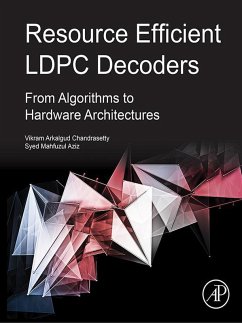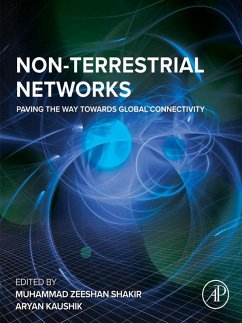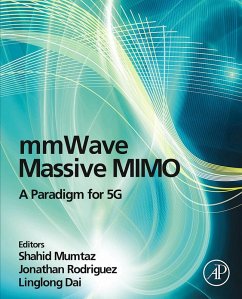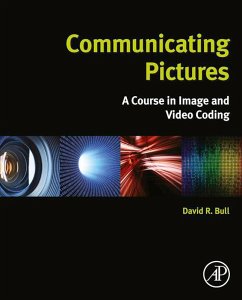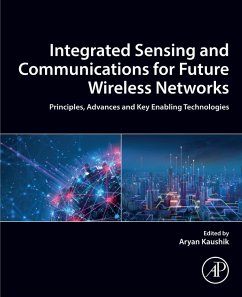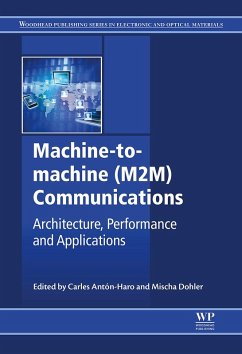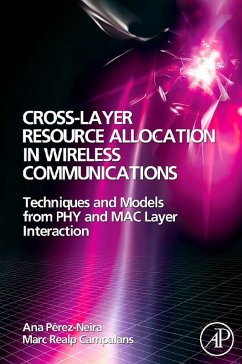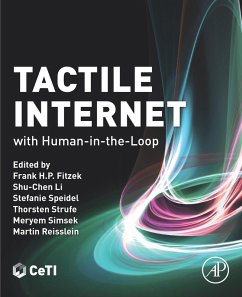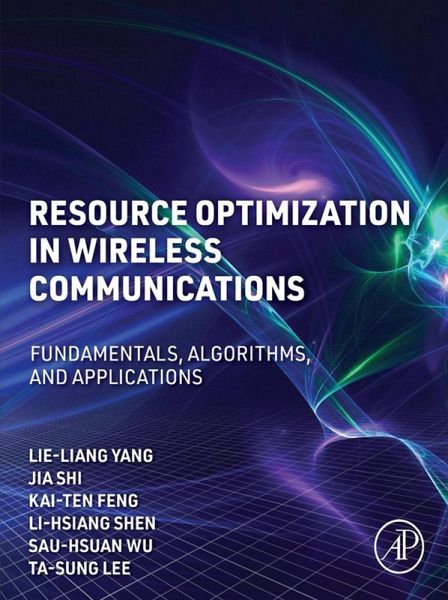
Resource Optimization in Wireless Communications (eBook, ePUB)
Fundamentals, Algorithms, and Applications
Versandkostenfrei!
Sofort per Download lieferbar
115,95 €
inkl. MwSt.
Weitere Ausgaben:

PAYBACK Punkte
58 °P sammeln!
Resource Optimization in Wireless Communications: Fundamentals, Algorithms, and Applications provides an easy-to-understand overview of the fundamentals of resource optimization, along with the latest algorithms and applications for emerging 5G, and beyond, wireless systems offering a variety of services. Additionally, it covers the principles and resource optimization of some systems expected in 6G.This book is suitable for courses in wireless communications that cover the principles of multicarrier and OFDM, the theory of resource allocation, power allocation, and subcarrier allocation, as w...
Resource Optimization in Wireless Communications: Fundamentals, Algorithms, and Applications provides an easy-to-understand overview of the fundamentals of resource optimization, along with the latest algorithms and applications for emerging 5G, and beyond, wireless systems offering a variety of services. Additionally, it covers the principles and resource optimization of some systems expected in 6G.This book is suitable for courses in wireless communications that cover the principles of multicarrier and OFDM, the theory of resource allocation, power allocation, and subcarrier allocation, as well as the principles and optimization of OTFS, ISAC, reflective intelligent surface (RIS)-assisted mmWave, and user-centric cell-free wireless systems. It is also an ideal self-study reference text for researchers and industry engineers who wish to deepen their knowledge while researching and developing wireless systems for 6G. - Provides a comprehensive introduction to resource optimization in wireless communications, laying a strong foundation for researchers developing cutting-edge resource-allocation algorithms. - Includes a wide variety of resource-optimization algorithms that are ready for direct application in both research and design. - Accompanied by practical examples to enhance understanding, making it ideal for self-study and hands-on practice. - Explores resource optimization across a broad spectrum of 5G/6G wireless systems. - Features numerous illustrations that effectively demonstrate the performance capabilities of various resource-allocation algorithms.
Dieser Download kann aus rechtlichen Gründen nur mit Rechnungsadresse in A, B, BG, CY, CZ, D, DK, EW, E, FIN, F, GR, HR, H, IRL, I, LT, L, LR, M, NL, PL, P, R, S, SLO, SK ausgeliefert werden.




